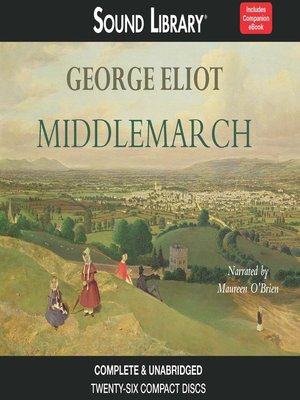
Thus, in the preface to Part III of his Ethics, Spinoza writes of emotions in the same way he had previously written of God and the Mind: he “shall consider human actions and appetites as if the subject were lines, surfaces, or solids.” Eminently human characteristics like emotions are, for Spinoza, of the same ontological status as God or nature. Yet, as Spinoza’s title suggests, his philosophy serves the purpose of ethics as anthropology: a philosophy of human nature and how we relate to one another. Spinoza writes of metaphysics, epistemology, and theology as if they were mere matters of geometry. In 1856, George Eliot became the first translator into English of Spinoza’s key work, the Ethics (though her translation would not be published until 1981).

To better lay out some of this conceptual terrain, I focus on Eliot’s debt to another thinker of non-humanist humanism: Baruch Spinoza. As I will show, Eliot’s overriding concern for human flourishing is undergirded by theological and ontological commitments to the more-than-human. In this essay, I explore Eliot’s concerns with ethos in both its forms to elaborate on her non-humanist humanism: that is, how she puts the human front and center without demeaning the non-human. In other words, Eliot’s ethology (or “the science of the formation of character,” as John Stuart Mill described it in 1843) establishes an ethics. It is her ultimate aim to expand the horizons of her readers and their knowledge of emotions, an aim that drives her provisional focus on a particular web of human lots. Eliot’s novel is a study of the behavior of some of this village’s inhabitants, yet the “web” that is Eliot’s overriding concern is the universe and everything that inhabits it.

The “particular web” in this case is the fictional village of Middlemarch.

I at least have so much to do in unravelling certain human lots, and seeing how they were woven and interwoven, that all the light I can command must be concentrated on this particular web, and not dispersed over that tempting range of relevancies called the universe. In a famous passage early in the book, Eliot writes of the narrator’s task: In George Eliot’s Middlemarch, the narrator writes with empathy and concern for the human characters she conjures.


 0 kommentar(er)
0 kommentar(er)
